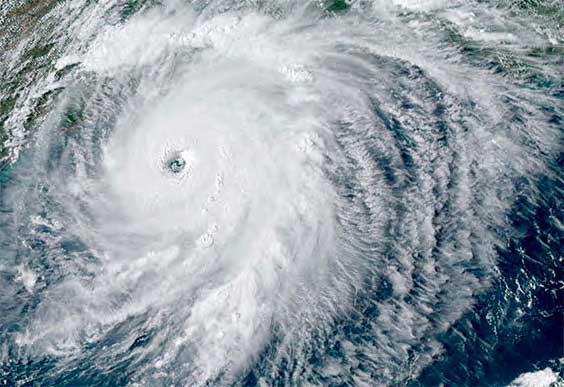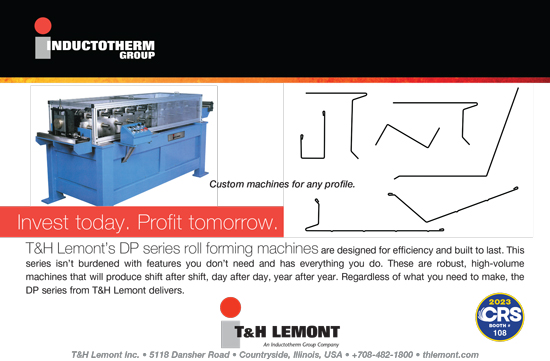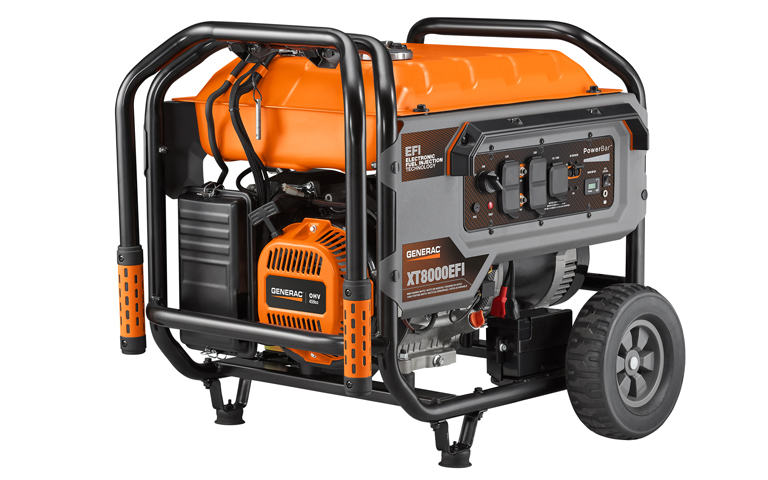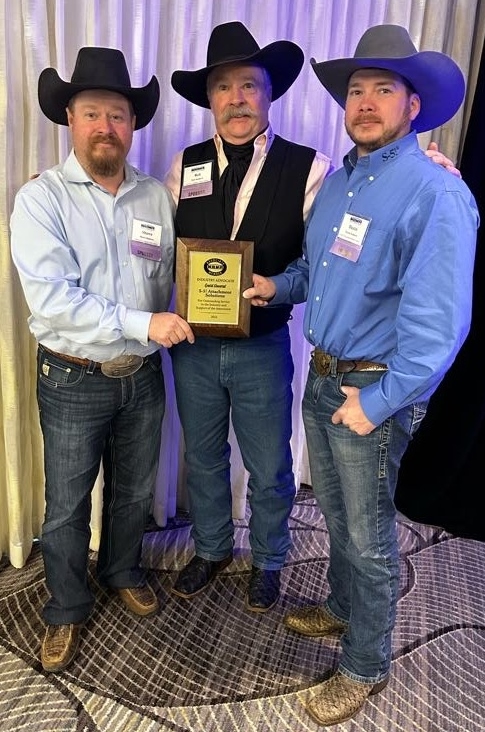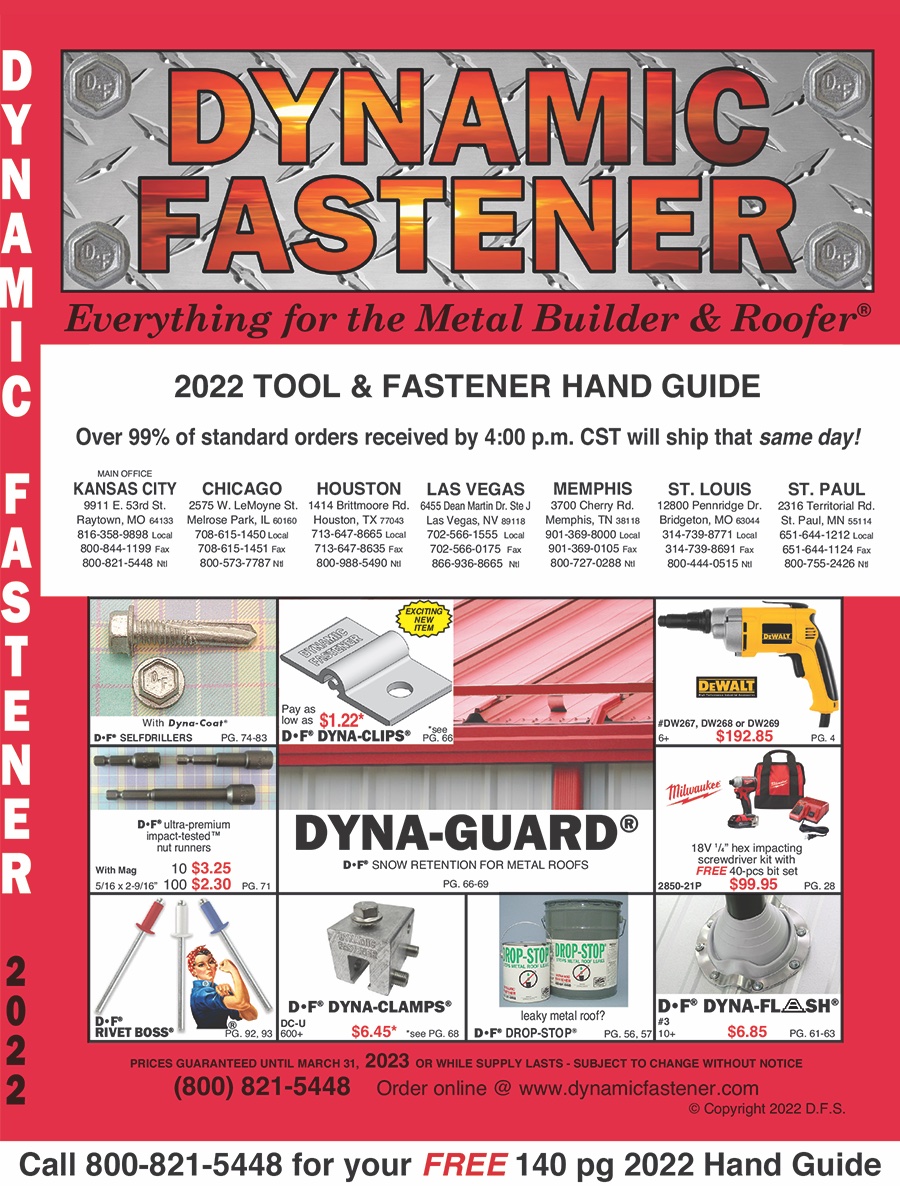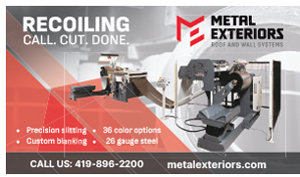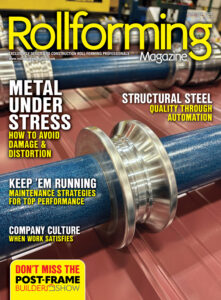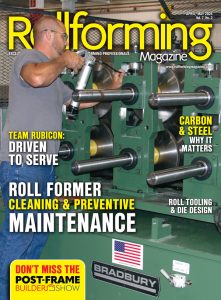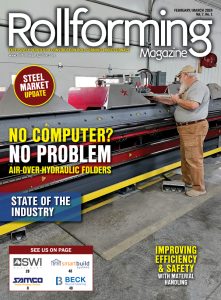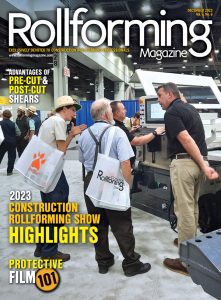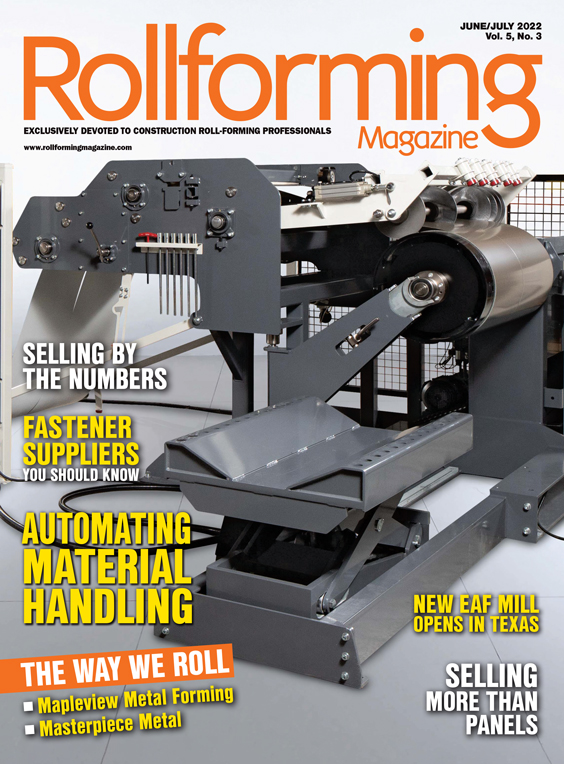With supply chains already strained by Covid disruptions, the Metal Roofing Alliance (MRA) says contractors and roofing installers are increasingly uneasy about the upcoming extreme storm, hurricane and wildfire season.
“We’re hearing growing concerns from installers and contractors in places like Colorado, and other areas where spring hailstorms are beginning, as well as those from the Gulf states where hurricane season is right around the corner. In the west, another threatening wildfire season also is coinciding with the squeeze for skilled labor and material shortages of some building products. Taken together, these factors could be disastrous when it comes to meeting the significant potential demand from homeowners needing roof replacements and repairs this year,” said Renee Ramey, MRA Executive Director.
While no company, roofing or building industry segment is immune to these disruptions, Ramey said it does offer opportunities for suggesting metal roofing alternatives to customers who may only be considering asphalt, especially now that new steel mills are coming on line.
“… the fact is, there are other solutions [than asphalt] that actually may be better suited to homeowners’ needs and the region where they live, and can open up the potential for contractors and installers to grow their business over the long run as well as help take the pressure off short term supply issues,” said Ramey.
Selling metal, however, takes some finesse. First, if you are facing customers who want product quicker or at a better price than what is logical to offer, beware of using an unknown supplier.
“Using inferior products will result in expensive call-backs, unhappy customers, a damaged reputation and worse,” said Ramey. “Set expectations with customers and help them to understand that waiting and paying a little more for a quality product they can rely on for decades to come is much better than the costs and headaches of using an inferior product that may fail after just a few years. RF


